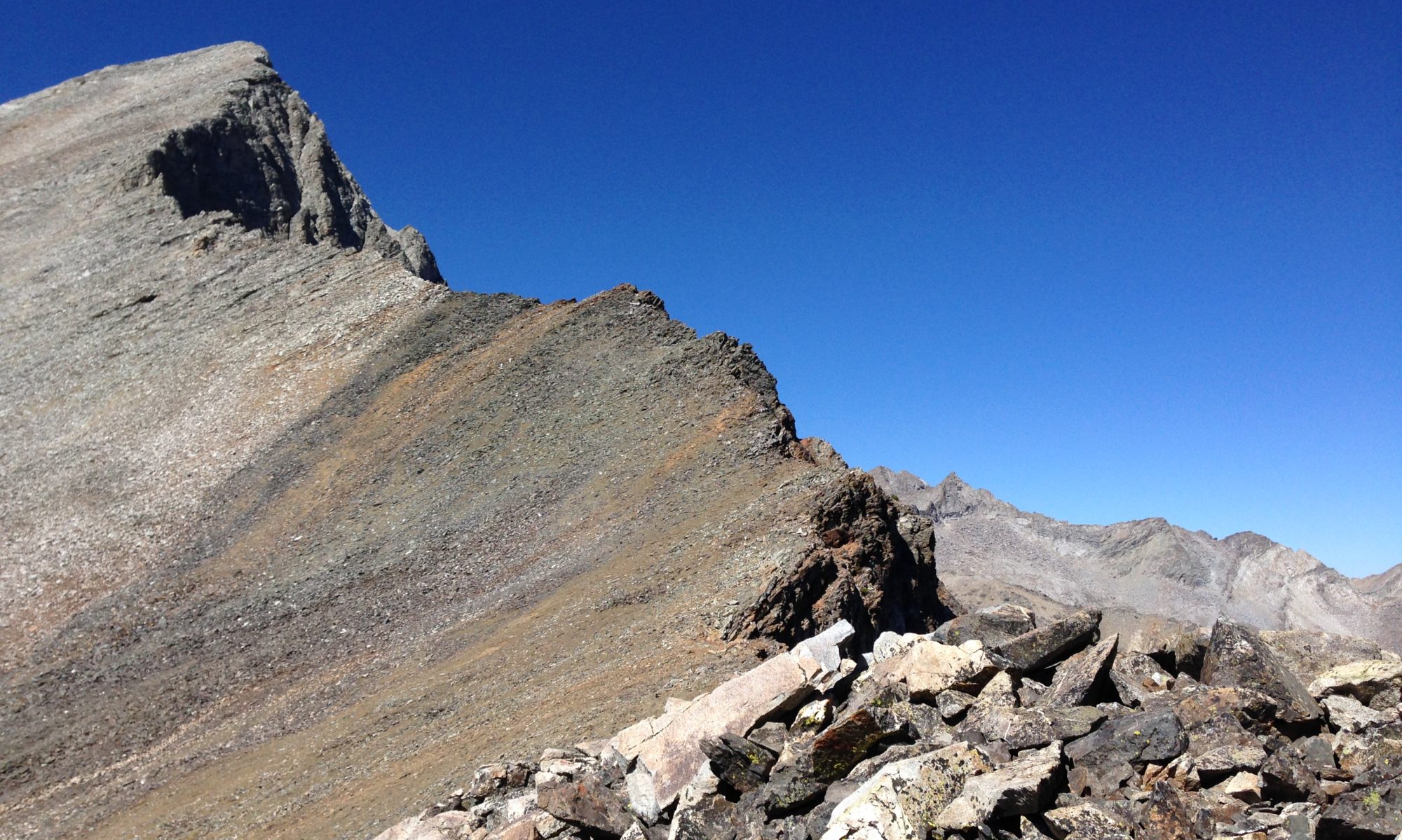Already it seems to me that New Orleans must someday be called the beginning of the end.
The city of almost one half million people is among the poorest in the nation. I can’t remember if it was 25% or 30% living below the poverty line, compared to 17% in Chicago and 9% nationally. Clearly we have not been able to eliminate poverty in how many years of government initiatives in this direction. So how could we ever wipe out its implications in the 2-3 days warning before the storm?
Everywhere we look, people are criticizing FEMA, but the primary response is supposed to be directed by state and local governments. And on a practical level, even in the poorest places, evacuation and relief must come from local associations. Where are the church buses? If they all got out of town full-up with people, that would be perfect, but I suspect not.
RFK Jr. and some others have decried 44% federal cuts in flood management and prevention funding in the last few years, and of course the National Guard is already quite busy in Iraq. People have been questioning those decisions for the last 3-4 years, and rightly so. It would be better to have had the funding and people committed to this scene, already knowing 4 years ago that this was one of the 3 top disaster potentials in the whole country.
And yet, if there is a failure in the whole scheme, it must be on the evacuation side. The buildings were always going to get creamed, but the people should have been out. Everyone is blaming the federal government, but much of what needed to happen is simply beyond the reach of government. And will be more and more beyond reach in the coming years.
House Speaker Dennis Hastert has already suggested that New Orleans not be rebuilt. I can’t ever remember agreeing with the man, until now. What he says makes some sense. We have limits, physical and economic. Period. Even if we manage to clean it up and rebuild, it’s still 8 or more feet below sea level and still sitting in the path of massive storms. This is the 6th in 100 years. It’ll go down again and again. This time or next time, no matter, one of these days we’re simply not going to have the money to rebuild.
We’re not going to have the money to do a lot of things at the federal level in the coming years. We’re going to lose our grip on drug and other healthcare costs, the value of the dollar, the price of oil, the solvency of social security, the rate of immigration, the ravages of a rising sea and shifting tectonic plates. If 9-11 made it all to clear that we are actually part of the rest of the world, Katrina (if not already Iraq) will teach us that we are not in control of much of it.
The only solution must be an active cultivation of individual, personal and direct responsibility and contribution. Everybody pays attention. Everybody helps out. Everybody is responsible for getting and keeping themselves out of danger. And everything that the federal government does is gravy.
And to be clear, I don’t see this as a step back, but a step forward for us all, albeit a long and difficult one to make. Or maybe it’s a very short one. What can you do? Who do you know? Everybody knows somebody down that way. Six degrees of separation might mean that we’ve all got a one-in-six chance of being the ones on the front line. And there are going to be more than six shots fired.
We’re all in this together. And last I checked, despite the wobbling, we are still a democracy, which means we are the federal government. All of us. Let’s get it in session! …and get it in gear! This end must be our beginning.
